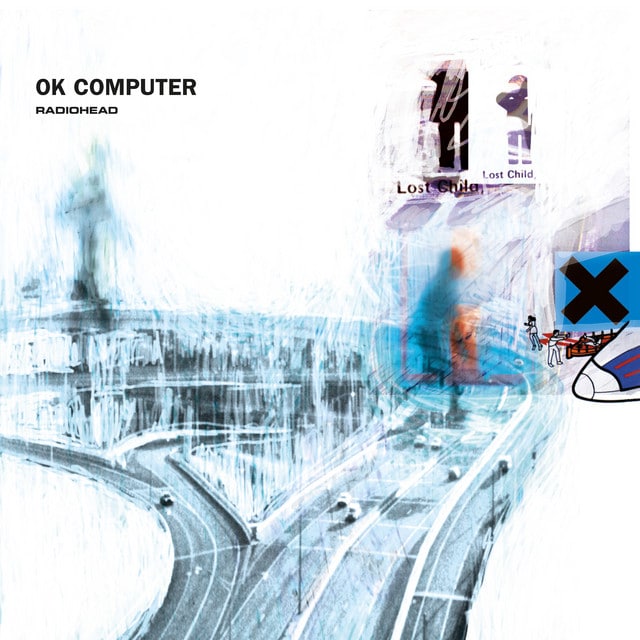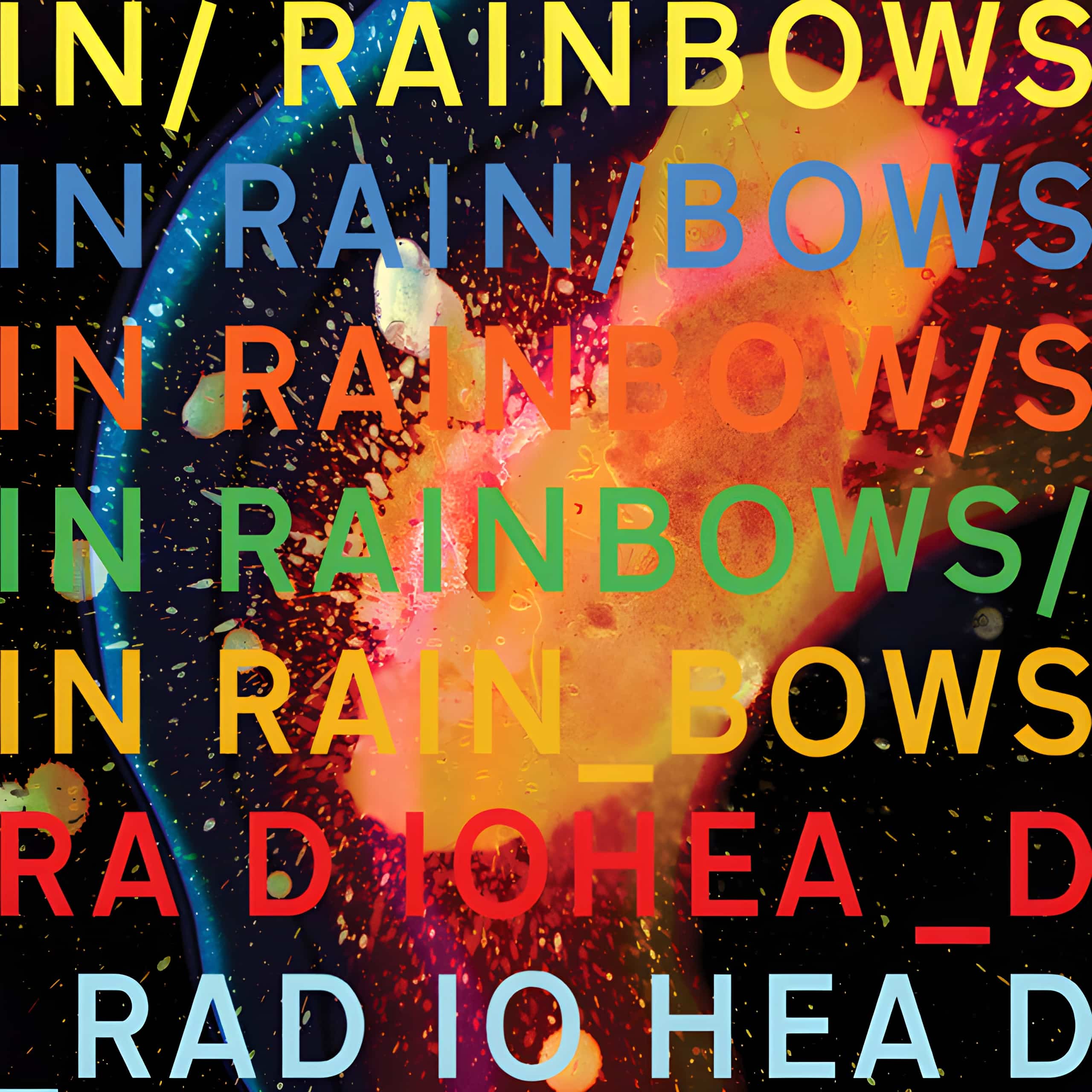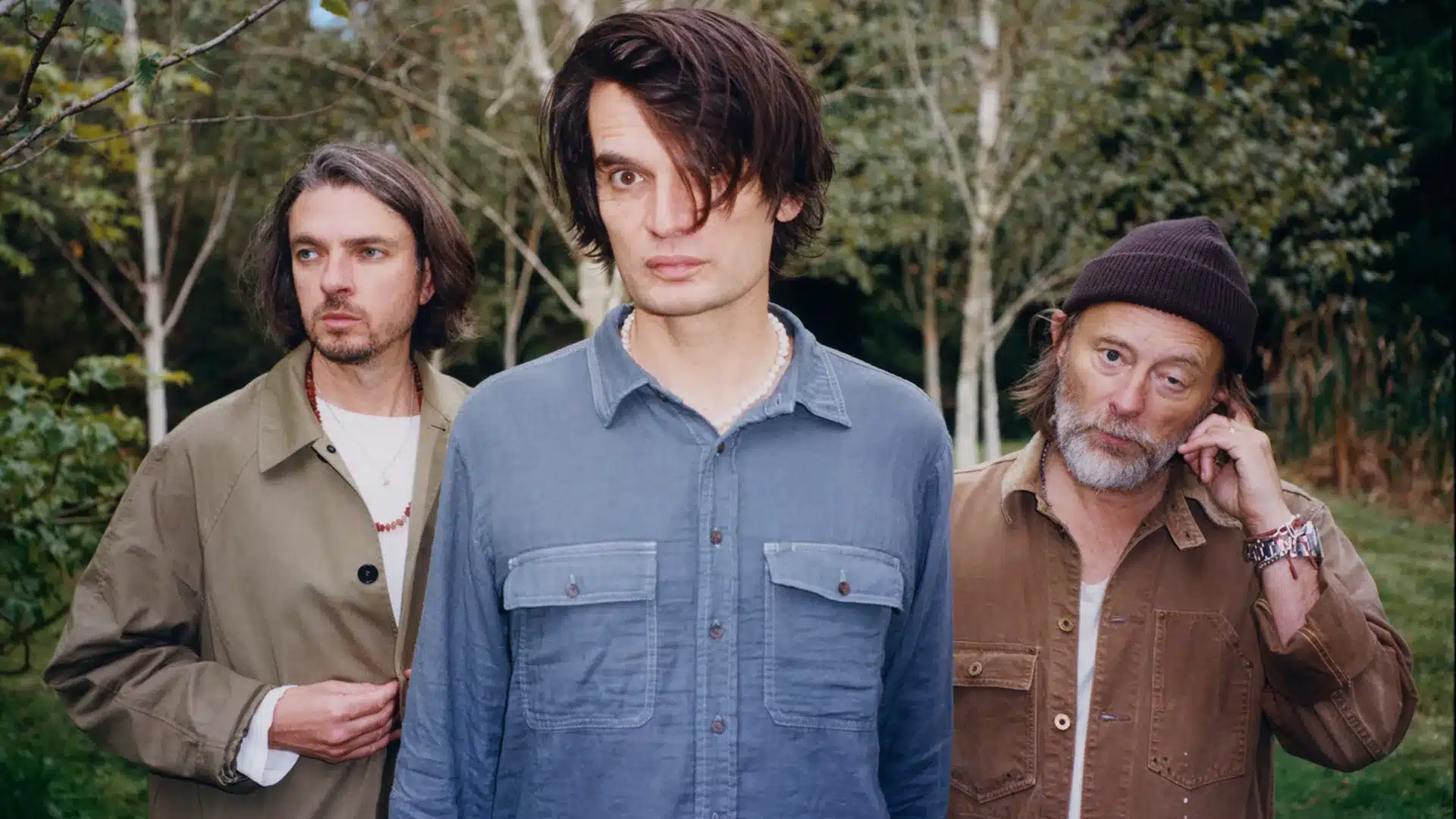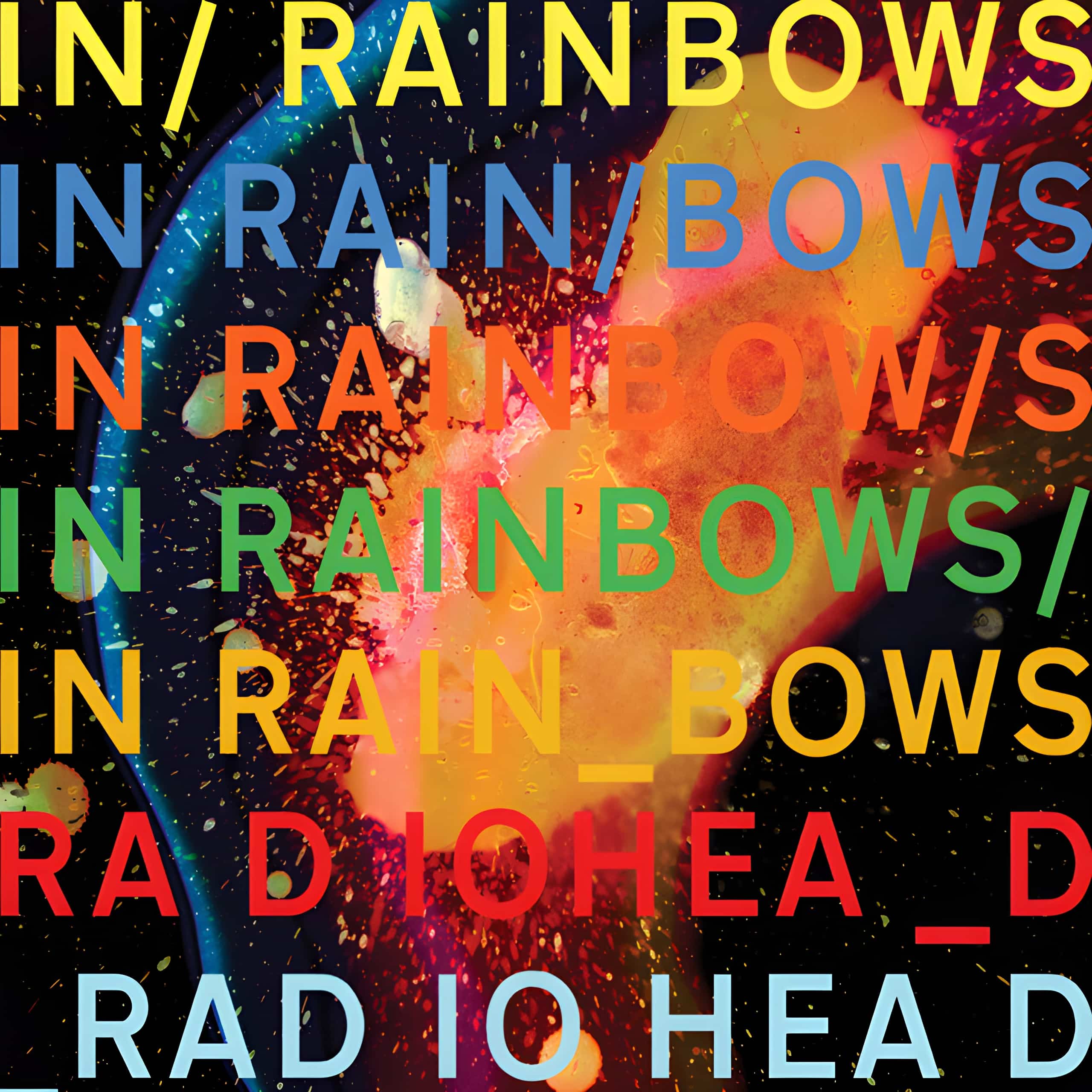Released: 1997
“No Surprises” by Radiohead, from their seminal album “OK Computer,” navigates the waters of modern malaise and the suffocating monotony of contemporary life. It’s a lullaby for the disillusioned, those yearning for simplicity in a world that seems increasingly complex and overwhelming. The song melds tender melodies with lyrical content that’s anything but, painting a picture of a person seeking an escape from the pain and tedium of their existence.
The opening lines, “A heart that’s full up like a landfill / A job that slowly kills you / Bruises that won’t heal,” set the stage for a narrative steeped in despair. The metaphor of a heart filled with trash perfectly captures a sense of internal pollution, a spiritual or emotional toxicity that’s accrued over time. Coupled with the slow death by capitalism (“a job that slowly kills you”), Thom Yorke, the band’s lead singer and lyricist, encapsulates the existential weariness felt by many. These “bruises that won’t heal” likely refer to emotional scars, the kind that linger long after the physical marks have faded, emblematic of deep, unresolved issues.
As the song unfolds, “You look so tired, unhappy / Bring down the government / They don’t, they don’t speak for us,” it critiques political disconnection and the gap between government actions and the populace’s needs. This line is a rallying cry for change and a critique of political apathy, suggesting that the establishment no longer represents its people, if it ever did. The sentiment resonates with listeners who feel disenfranchised and disconnected from the decisions shaping their lives.
The chorus, “I’ll take a quiet life / A handshake of carbon monoxide / No alarms and no surprises,” offers an eerie form of solace. The “quiet life” isn’t one of peace, but rather, one of death — a handshake with carbon monoxide symbolizes a lethal, silent agreement with mortality. The repetition of “no alarms and no surprises” becomes a mantra for those seeking refuge from the constant state of alertness and anxiety endemic to modern existence. It’s a wish for a life—or perhaps, more accurately, an afterlife—free from the jolts of distress that define the human condition.
Finally, “Such a pretty house / And such a pretty garden” juxtaposes the song’s earlier desperation with imagery that’s traditionally associated with success and happiness. Yet, in the context of the song, these symbols of domestic bliss feel hollow, almost mocking. It highlights the emptiness of material achievement and the craving for a deeper, more authentic form of contentment.
In “No Surprises,” Radiohead crafts a poignant commentary on the ennui of modern life. The themes of political disenfranchisement, existential dread, and the desire for simplicity in an increasingly complicated world resonate deeply, making it a timeless critique of contemporary society. Through its melancholic tone and Yorke’s ethereal vocals, the song evokes a profound sense of longing for an escape from the noise, a yearning for a world without surprises—a world that, perhaps, doesn’t exist.








